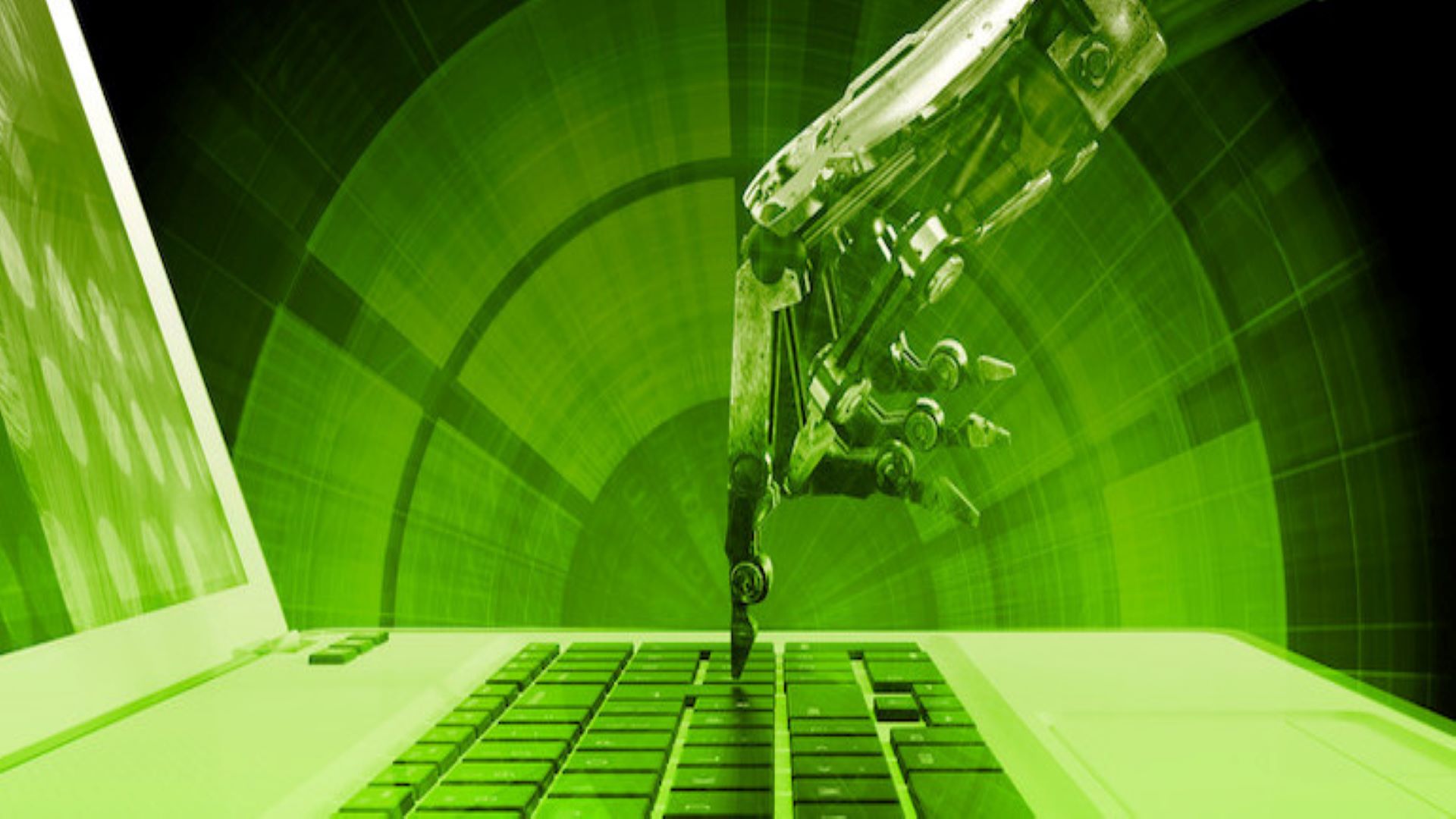
Labor has a familiar adversary at the negotiating table, but in a new guise: Automation, in the form of AI.
AI increasingly is emerging as a sticking point in disputes ranging from actors and writers to casino workers.
Now comes another potential showdown: Members of the International Longshoremen’s Association covering the East and Gulf Coasts are worried technology will jeopardize high-paying jobs. Specifically, the beef is over an automated gate where trucks enter a small port in Mobile, AL. This has endangered talks over the union’s contract, set to expire Sept. 30, that allows for “semi-automated” machinery, but bars equipment “devoid of human interaction.”
“We will never allow automation to come into our union and try to put us out of work as long as I’m alive,” Harold J. Daggett, the union’s president and chief negotiator in talks with the United States Maritime Alliance, a group of companies that move cargo at ports, said in a statement. The union was unavailable for further comment.
Labor reps expect more disputes in the coming years as AI improves and is widely deployed throughout the American workforce to improve operational efficiency, slash costs and replace some humans. For those reasons, unions consider AI to be as great a threat to jobs in manufacturing (robots) and the distribution of goods (self-driving vehicles) as government policies and the offshoring of jobs.
“Most union members consider it [AI] an existential threat. The narrow view, the knee jerk reaction, is AI is coming for all of our jobs. We need to panic and fight it,” Chris Feudo, a labor and employment attorney whose focus is on the energy, hospitality and manufacturing sectors, said in an interview.
“This is a utopian future for the next 20 to 30 years,” said Feudo, who anticipates a wave of negotiations centered on the use AI-type technology, and their impact on employees. “And it might get worse for many in labor each year.”
Last year, the Screen Actors Guild-American Federation of Television and Radio Artists, and the Writers Guild of America negotiated contract resolutions with the Alliance of Motion Picture and Television Producers to address the risks AI posed to workers.
Casino workers in Las Vegas, represented by the Culinary Workers Union, reached a new contract in late 2023 that included severance of $2,000 for each year the employee worked if the employee’s role was eliminated because of “technology or AI,” according to an account in Medium.
Hospitality workers at Caesars Entertainment Inc. in Las Vegas last year won a provision in their contract with six-months notice in the advent AI, robotics or any new technology, so the union can get an idea of how that technology is deployed, who it affects, and how those affected can learn to use the technology.
Indeed, in a 2022 memo on electronic hiring and algorithmic management, Jennifer Abruzzo, general counsel of the National Labor Relations Board, cautioned that many AI technologies used by employers are already illegal under settled law and urged the board to adopt a framework for protecting employees from surveillance and algorithmic management that interferes with protected activity.
The AFL-CIO and Microsoft Corp. created a platform for worker input into AI design and a dialogue over public policy to set guardrails for AI deployment in late 2023. The CWA, which represents workers in industries with AI exposure such as game development and AI development, has developed bargaining principles for ensuring AI benefits workers, according to a May 2024 report by Julia Aurelia Glass, a policy analyst for the Inclusive Economy team at American Progress.
While a majority of manufacturing and financial services workers believe AI has had a positive impact on their performance and mental health, more than 40% expect AI to lower their wages within a decade, according to a survey by the Organization for Economic Cooperation and Development last year.
“Workers have this huge mental burden of uncertainty over job security because of new technology,” Karla Walter, senior fellow for Inclusive Economy at American Progress, said in an interview. She noted surveillance technology that has put workers under the ever-watchful eye of employers.
